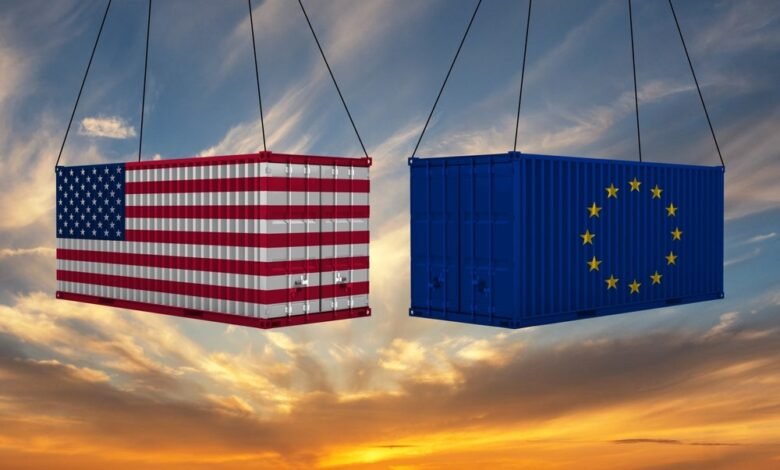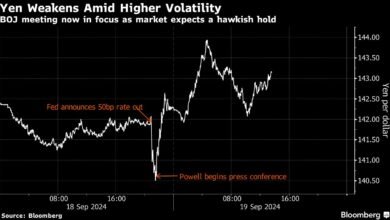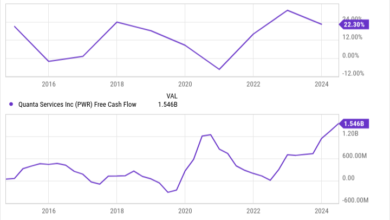New US-EU trade deal on tariffs ends pharma’s geopolitical immunity

For the first time in decades, the pharmaceutical industry has been directly affected by a geopolitical trade negotiation between the US and the EU.
On 27 July, the US government announced a 15% tariff on branded pharmaceutical products imported from the EU. Despite the decrease from the original 30% tariff on pharmaceuticals earlier in the year, this disrupts a long-established practice of the exemption of medicines from tariffs due to their importance in public health. The 15% tariff is not expected to happen immediately as implementation will be dependent on a National Security investigation regarding pharmaceutical imports.
This trade deal puts the pharmaceutical industry at risk of losing between $13bn and $19bn, with consequences that extend beyond short-term financials. It will force pharmaceutical companies to make a tradeoff between tightening their profit margins and increasing drug prices, with both paths posing a risk to patient access and payer relations.
The imposition of tariffs threatens to elevate costs across the pharmaceutical value chain, and could lead to a substantial increase in drug development costs, manufacturing, and distribution, with global supply chains for active pharmaceutical ingredients (APIs), raw materials, and equipment directly exposed. This disruption could create uncertainty in launch planning, particularly for late-stage assets with EU-based manufacturing and production planned for US entry. Companies manufacturing pharmaceutical products in Europe will need to anticipate financial exposure when planning launches in the US due to the unfavourable gross-to-net dynamics, weakened pricing leverage with US payers, and slower commercial uptake as insurers reassess cost-effectiveness due to the tariffs.
Research and development budgets are already under pressure, and may be further strained as pharmaceutical companies may have to divert budget to firefight the impact of the tariffs. This could hinder innovation and pipeline investment, reducing the much-needed pace of therapeutic innovation across the industry.
Earlier in the year, the US administration did signal tariffs for pharmaceutical imports could become a real possibility; this was met with proactive US investment from leading pharmaceutical companies to onshore manufacturing in the US to reduce exposure. Most recently, in July 2025, Biogen announced a $2bn investment into North Carolina, strengthening its US manufacturing position. Other pharmaceutical companies such as Johnson & Johnson, AstraZeneca, and Eli Lilly have also increased their investment in US manufacturing, with investments of $55bn, $50bn, and $27bn, respectively.






